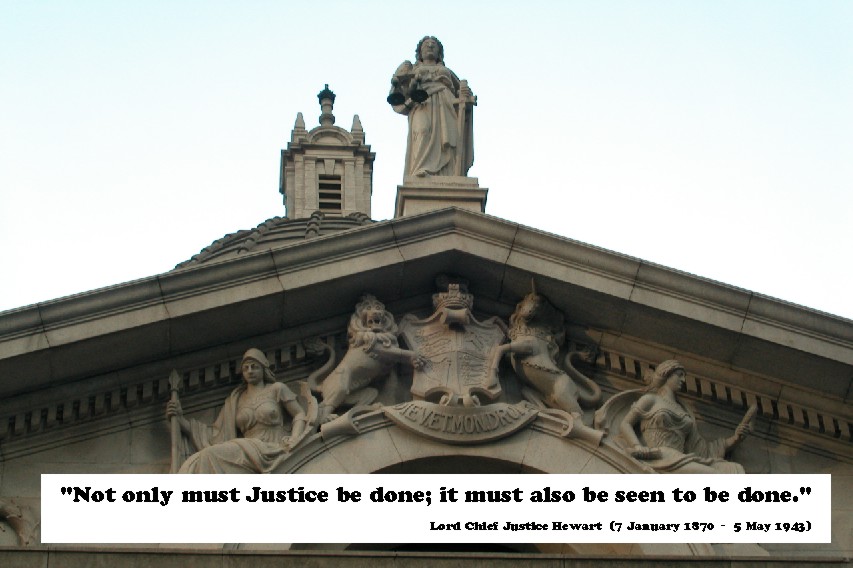Unheard Resonance
沉默回聲

Bias or Poor Logic
M. Wong
02.8.2020
When KOLs started to appear on internet, thousands or hundred thousands of fans were gathering around their god-like idols on various social platforms and echoing their views as prophesy. In reality, many KOLs (key opinion leaders) are only "instant-experts"; they have no genuine knowledge of what they are talking about. Behind a hot KOL, there is usually an editorial team working in collaboration on the collection and analysis of information. This kind of traditional maneuver inherited from the practice of conventional mass media upon the emergence of internet as a new form of mass medium ensures the integrity and consistence of messages and opinions released to the audience, and in turn results in a reasonable high quality commentation to the audience. The KOL before the camera or microphone is performing as a presenter or announcer. However, the advancement of information technology has made data search and propagandizing an easy operation which are plausible to even layman lacking little technical knowhow or expensive equipments. Thus many KOLs spring up through unconventional path and act as "lone rangers" in the cyber world with few or even no co working partners. While the practice become more common, the quality of opinions in the era of big data is seen to be deteriorating over time along with the flooding of overwhelming information on different social platforms. Without a strong supporting team, even a once brilliant KOL may turn out to be a dummy when playing alone as an independent KOL or we-media(自媒體). Now and then, here or there, these KOLs demonstrate their shortcomings in reasoning power or common sense when making critics on various issues.
Taking the performance of contract as example. Mr A sold Mr B a property which was to be assigned on a certain day according to a prior S&P(sale and purchase) agreement signed by both parties. After the transaction completed, nevertheless, the seller Mr A claimed that he was still entitled to part of the property. The buyer simply rejected his claim, saying that the agreement was a duly executed historical document and what the seller demanded was a violation of the contract. For sure, most people having normal intelligence and common sense should understand and accept the rationale of the buyer. To my astonishment, a KOL wrote an article asserting something which seemed like querying the reasoning of the buyer.
Putting political considerations aside but purely focusing on the nature of a mutual agreement, the Sino-British Joint Declaration is a kind of contract enforcing a once and forever activity between two contracting parties like an S&P agreement. When the handover is completed, there is no future or further binding obligation for either party to each other except otherwise expressly mentioned. If such provision is really present, only the two memorandums attached by both parties to the joint declaration are deemed to be relevant. Yet, they contain no clause to recognize any residual power or responsibility of UK over the territory or the citizens of the territory other than the continuing issuance of a travel document called BN(O) to some qualified residents. Moreover, the legal effect of a memorandum being not exactly the same as the terms and conditions of an agreement is assumed to be the basic knowledge of a senior or experienced managerial staff in a modern society. Certainly, there is another kind of contracts envisages and compels a continuous mutual relation and interactions between or among all the contracting parties until the termination date as agreed upon and expressly specified in the document. Examples of this kind of contracts are tenancy agreement, deed of mutual covenant or employment contract. As most Hong Kongers are supposed to be quite familiar to the property market, they should have little difficulties in comprehending the differences between these two kinds of contract.
According to the view of a KOL who was once a famous host of phone-in program, however, he said that it was ridiculous to say that the offer of residency rights to some Hong Kong people was an violation of a historical agreement. Here is his argument:
|
"...Predictably, however, the Chinese government has protested against the
British government’s offer of residency rights to BN(O) passport
holders, saying the move violated the Sino-British Joint Declaration. This is quite ridiculous, given that not too long ago, when the British expressed concerns over China’s national security law for Hong Kong, the very same Chinese Foreign Ministry spokesman said Beijing was not legally bound to uphold the declaration...." |
Ref.:"Report of the China's official response to the UK stance on the Joint Declaration:
1. Reuters:
"China said on Friday the joint declaration with Britain over Hong Kong, which laid the blueprint over how the city would be ruled after its return to China in 1997, was a historical document that no longer had any practical significance."
URL: https://mobile.reuters.com/article/amp/idUSKBN19L1J1
2. Wikipedia:
China said it is a "historical document that no longer had any practical significance", but the UK says it is a "legally valid treaty to which it was committed to upholding"
URL:URL
- End -